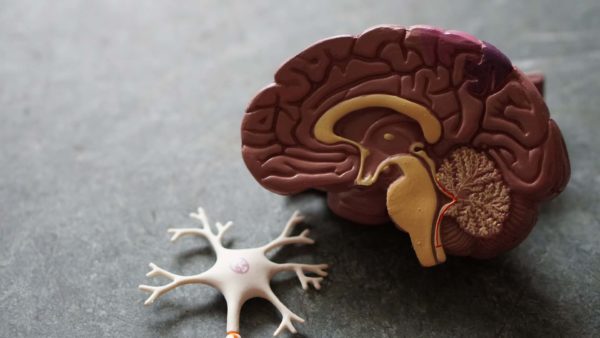Disposable vaporisers (vapes) or e-cigarettes have exploded in popularity in the UK. While originally marketed to help individuals quit smoking, they now have an increasingly wide range of uses. Their use among young people has raised growing concern as vape products become increasingly commonplace in schools. However, the use of vapes as a means to deliver a range of illicit drugs, including synthetic cannabinoids, disguised as harmless products is particularly concerning.
The market for illicit vapes has been steadily growing with more than 2.5 million of the products reportedly seized in the UK since 2020. While they resemble legal vape products, they often feature non-compliant electrical components, exceed legal nicotine limits, and contain potentially harmful and illegal constituents.
What are Synthetic Cannabinoids?
Synthetic cannabinoids are man-made chemicals designed to mimic the effects of tetrahydrocannabinol (THC), one of the main psychoactive compounds found in cannabis. However, these synthetic versions are far more potent and unpredictable, leading to a heightened risk of serious health consequences like seizures, heart problems, and even death.
A New Study Reveals a Disturbing Trend
A recent study published in Addiction analysed seven unlabeled disposable vapes obtained from a UK drug and alcohol service. The samples were subjected to qualitative and quantitative analyses using nuclear magnetic resonance (NMR) and gas chromatography/electron ionization-mass spectrometry (GC-EI-MS).
The products were initially sold as THC-based products by a single UK-based supplier; however, the supplier later provided a certificate of analysis which stated the products contained a mixture of four semi-synthetic cannabinoids: hexahydrocannabinol (HHC), hexahydrocannabiphorol (HHC-P), tetrahydrocannabiphorol (THC-P) and the tetrahydrocannabinol acetate ester (THC-O).
Shockingly, these vapes, initially marketed as containing THC or semi-synthetic cannabinoids, were found to contain 5F-MDMB-PICA, a dangerous synthetic cannabinoid linked to severe adverse reactions.
The Dangers of 5F-MDMB-PICA
5F-MDMB-PICA has become one of the most prevalent synthetic cannabinoids in both the US and the UK since 2019. Its presence in seemingly innocuous disposable vapes poses a significant public health risk. It has been linked to both fatal and non-fatal poisonings. Users may experience a range of adverse effects, including:
- Severe physical symptoms: Stomach cramps, diarrhoea, chest pain.
- Mental health issues: Anxiety, panic attacks, paranoia, dissociation from reality.
- Cognitive impairment: Memory loss, difficulty concentrating.
Misleading Packaging and the Risk to Young People
These illicit vapes often mimic the appearance of regulated nicotine vapes, making it difficult for consumers, especially young people, to distinguish between safe and dangerous products. This deceptive packaging, coupled with the easy accessibility of these vapes, raises serious concerns about the potential for accidental exposure and harm.
What Can Be Done?
- Increased awareness: Educating the public, particularly young people, about the dangers of synthetic cannabinoids in vapes is crucial.
- Stricter regulations: Implementing tighter controls on the production and sale of non-compliant disposable vapes can help limit the spread of these products.
- Support services: Providing accessible support and treatment for individuals affected by synthetic cannabinoid use is essential.





